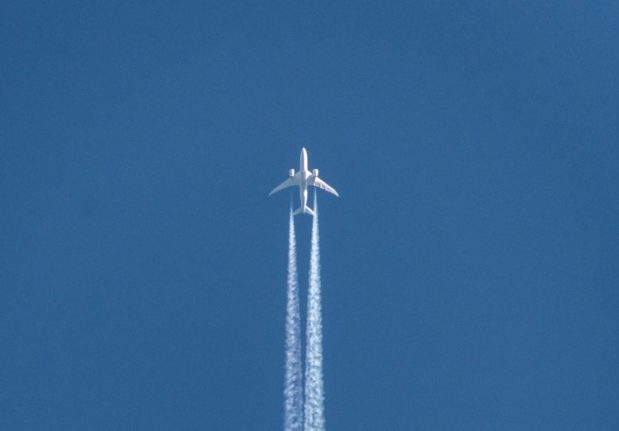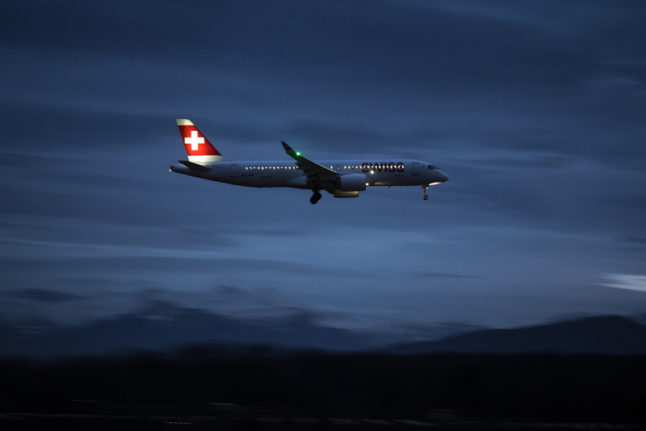Switzerland’s neighbours France and Italy require a negative Covid test for all visitors from mainland China, in a bid to avoid importing new variants from the Asian giant.
Britain, Israel, Spain and South Korea on Friday also joined the lengthening list of nations including India, Japan and the United States in imposing Covid tests on travellers from China.
“It is not currently necessary to provide proof of vaccination, recovery from Covid-19 or a (negative) test to enter Switzerland,” a Swiss health ministry spokesman told AFP.
“There are no plans for the moment to introduce health measures at the border either,” he said.
The European Union’s infectious disease agency (ECDC) said on Thursday it believed introducing mandatory Covid screenings for travellers from China was “unjustified”.
Germany said it did not currently see the need to impose entry restrictions either, but argued for a coordinated EU-wide system to monitor variants at European airports.
Switzerland is not in the EU but is surrounded by nations who are members of the bloc and is in Europe’s Schengen open-borders zone. Bern plans to work with Brussels on any future moves.
“Switzerland is working closely with the EU and European countries to manage the Covid-19 crisis and will continue to do so.
“Switzerland will coordinate further action with its EU partners if need be,” the health ministry spokesman said.



 Please whitelist us to continue reading.
Please whitelist us to continue reading.
Member comments